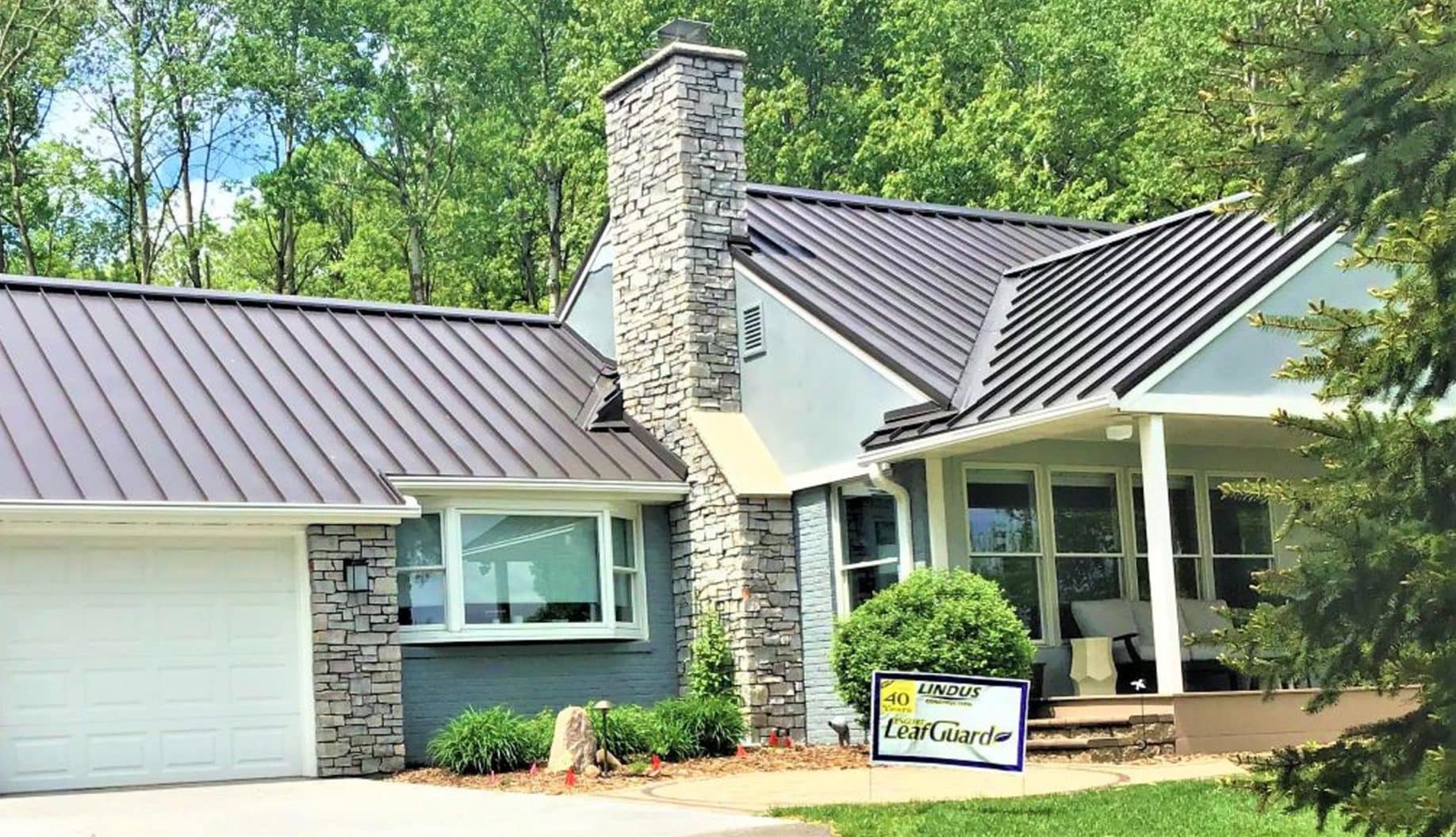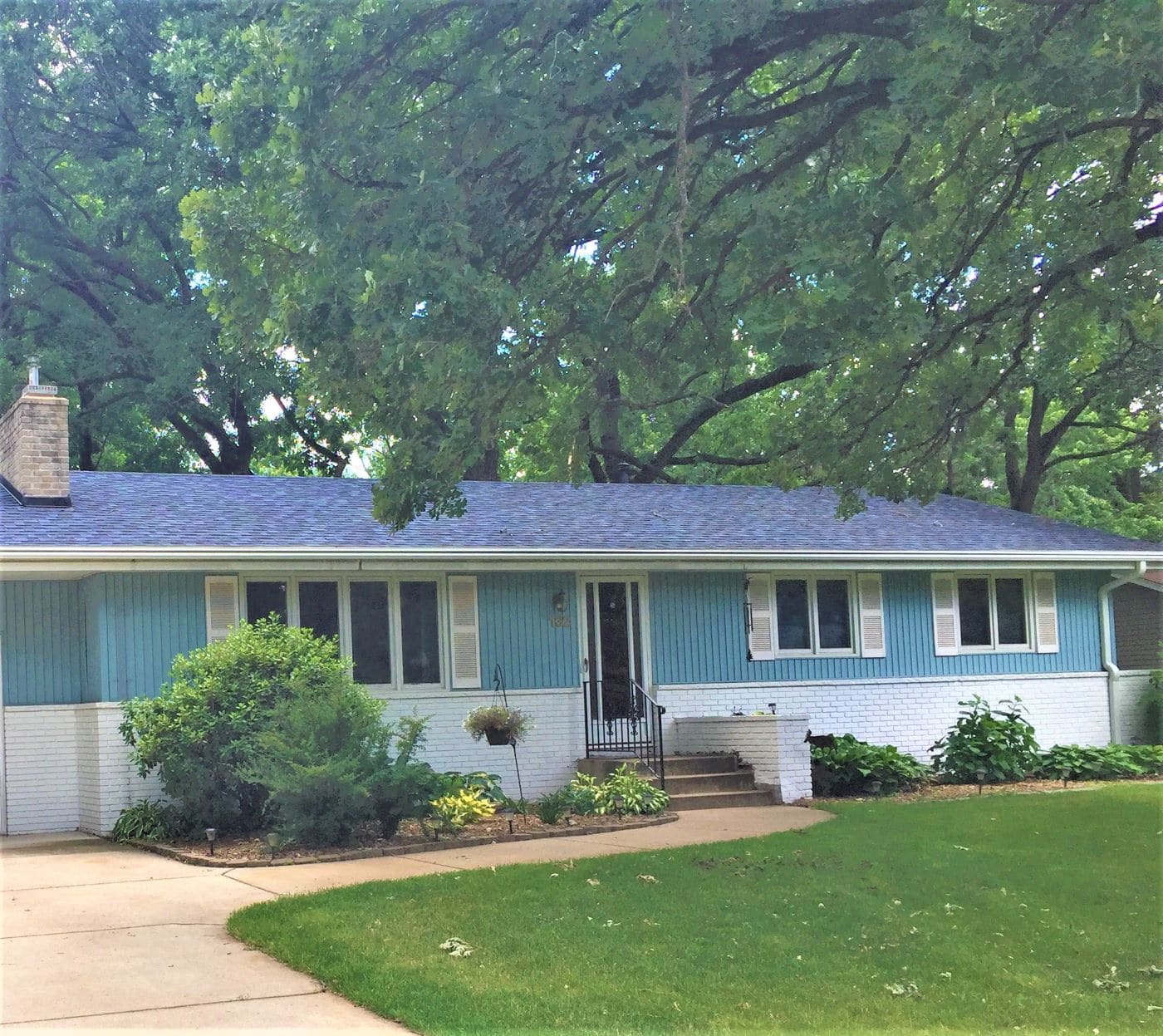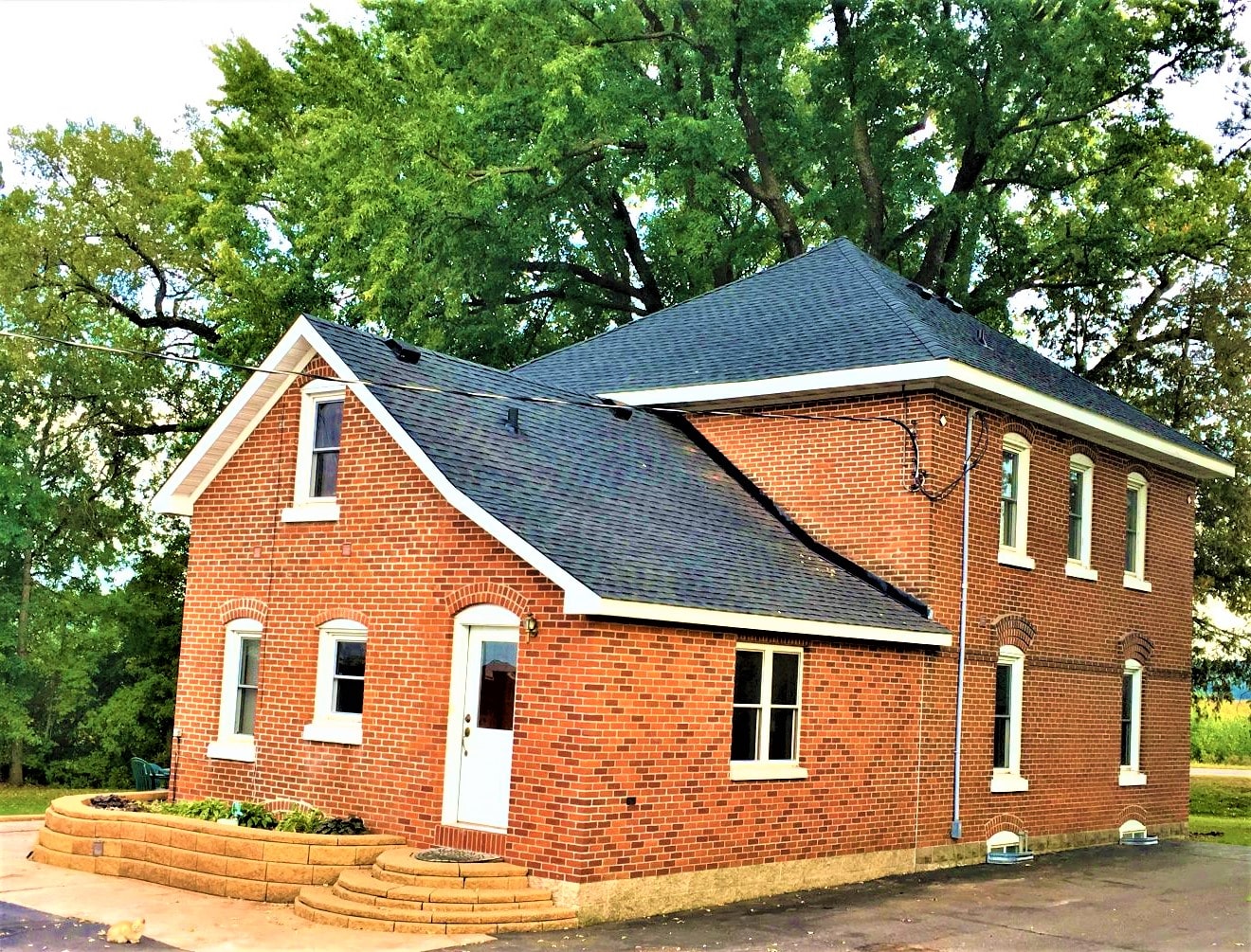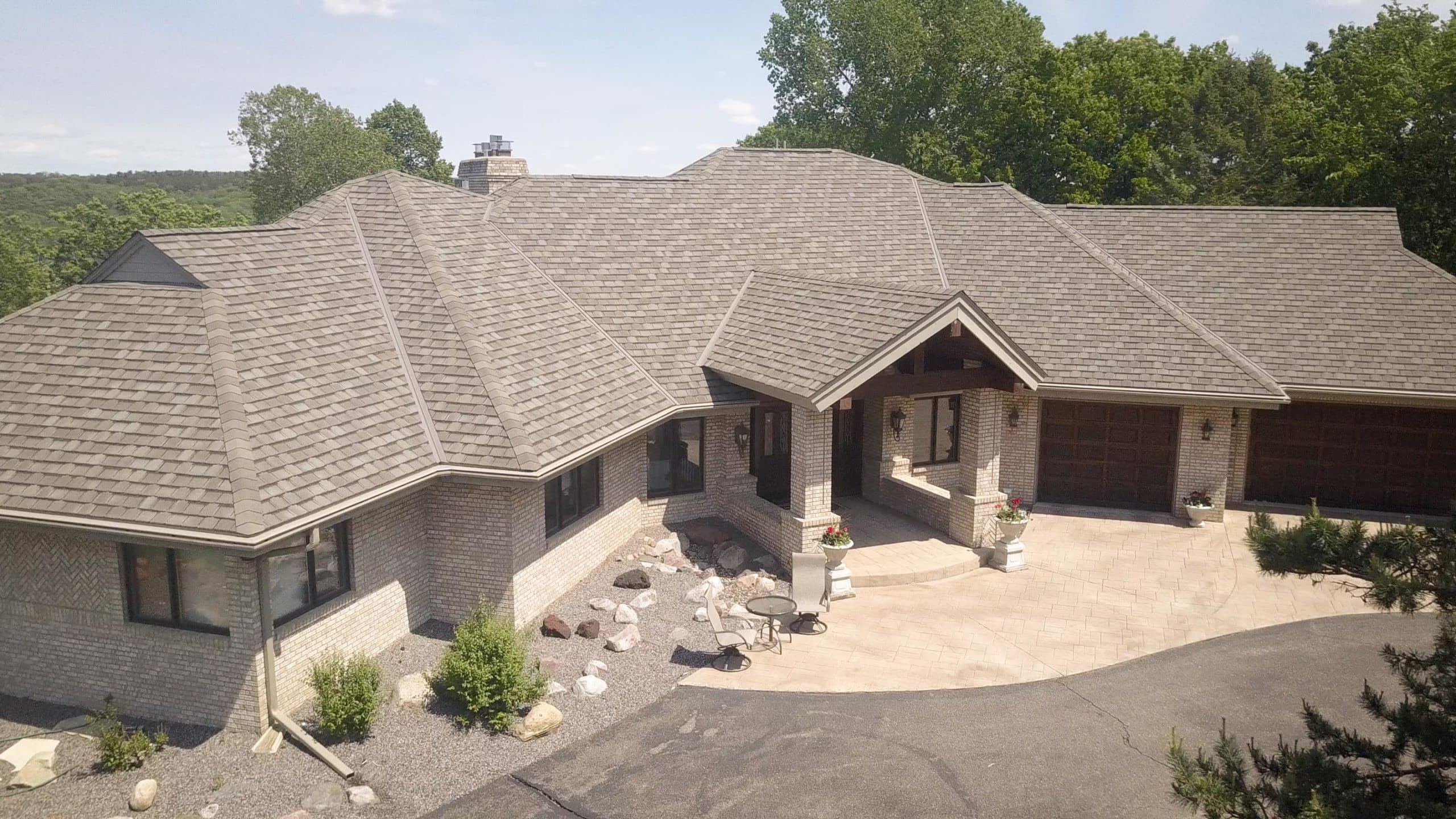Concrete vs. Asphalt Driveway Repair & Replacement: Which Makes Sense for You?
Homeowners have a choice when it comes to a replacement or new driveway. Two of the most common driveway materials are asphalt & concrete. It’s important to understand the differences and commonalities prior to making your decision on which type of surface you’d like to use.
Asphalt & concrete are similar in the fact that they both need to be maintained in order to keep them in good condition. Both options are also best installed by a professional construction contractor who can pay careful attention to your soil conditions and ensure that the surface is smooth.
Here’s a cheat sheet of what to consider before making your final selection.

Asphalt Vs. Concrete Driveway Cost
It’s always best to get an estimate for both types of materials prior to making a selection. Because asphalt is comprised of oil, when the price of crude oil is high, the price for asphalt tends to climb as well. That being said, asphalt is not necessarily the more costly option, as it can still end up being 40-60% more cost effective than concrete. This makes asphalt a great choice for homeowners with long driveways.

Concrete Driveway Cure Time Vs. Asphalt Sealer Dry Time
Asphalt driveways take about two days to install and are able to be driven on the day after installation is finished. Cement can take up to four days to install and cannot be driven on for five to seven days after the installation is complete.

Most Durable Driveway Surfaces & Cracked Driveway Prevention
Asphalt Driveway Benefits
In the Midwest where frigid temperatures in the winter months are prevalent, asphalt can be preferred because it is more resistant to cracking that is caused by environmental factors. Asphalt driveways are also not damaged by salt, making it more cost effective to maintain in the winter months. Because asphalt is dark in color, it absorbs the sun’s rays, making it melt off ice and snow quicker than cement driveways. Be mindful that in the winter months, concrete can be cracked by cold weather shrinkage. Cracks tend to be more costly to mend on concrete than they are on asphalt.

Concrete Driveway Benefits
In the summer, an asphalt driveway will be much hotter to the touch than a concrete driveway. Concrete driveways are less prone to potholes and roots growing through. The edges of concrete driveways also hold up better than the edges of asphalt driveways which are prone to weathering.

Asphalt Driveway Lifespan Vs Concrete
Concrete driveways have longer lifespans than asphalt. In fact, a properly maintained concrete driveway can last as long as 50 years as compared to the 30-year lifespan of its asphalt counterpart. An asphalt driveway’s longevity can be greatly reduced if is it not properly maintained. If the asphalt sealant breaks down, the surface can become brittle and start to erode.

Surface Staining & Discoloration
Both types of surfaces are prone to staining. If your car is leaking fluids, both surfaces will discolor. The discoloration is much less noticeable on the asphalt because of its darker surface. The oils in asphalt’s surface can be released, sticking to whatever touches it, meaning you can stain.

Designing A Driveway With Aesthetic Appeal
Unlike asphalt, concrete comes in several decorative options. It can be stamped or have color added to it. If you have a higher end home, concrete may be the better solution for you.
In the end, it’s important that you select a driveway option that you are comfortable with. A driveway is an enhancement that should be seen as an investment in your property. Be sure to consult your area Better Business Bureau to choose a reputable contractor prior to starting your project.
